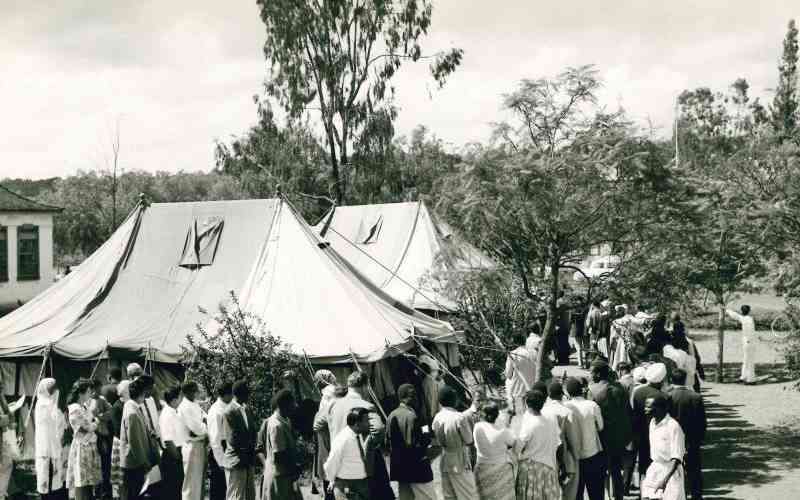×
The Standard e-Paper
Home To Bold Columnists

As the poll nears, the main presidential candidates are now busy crunching numbers to establish the methods to be deployed to win the hearts of over 12 million votes to win the presidency.
This August, a total of 22.1 million voters will express their wish on who their next president will be. In the 2017 General Election, the battle was for 19 million voters who had to go to the ballot twice after the initial poll held on August 9 was invalidated by the Supreme Court.